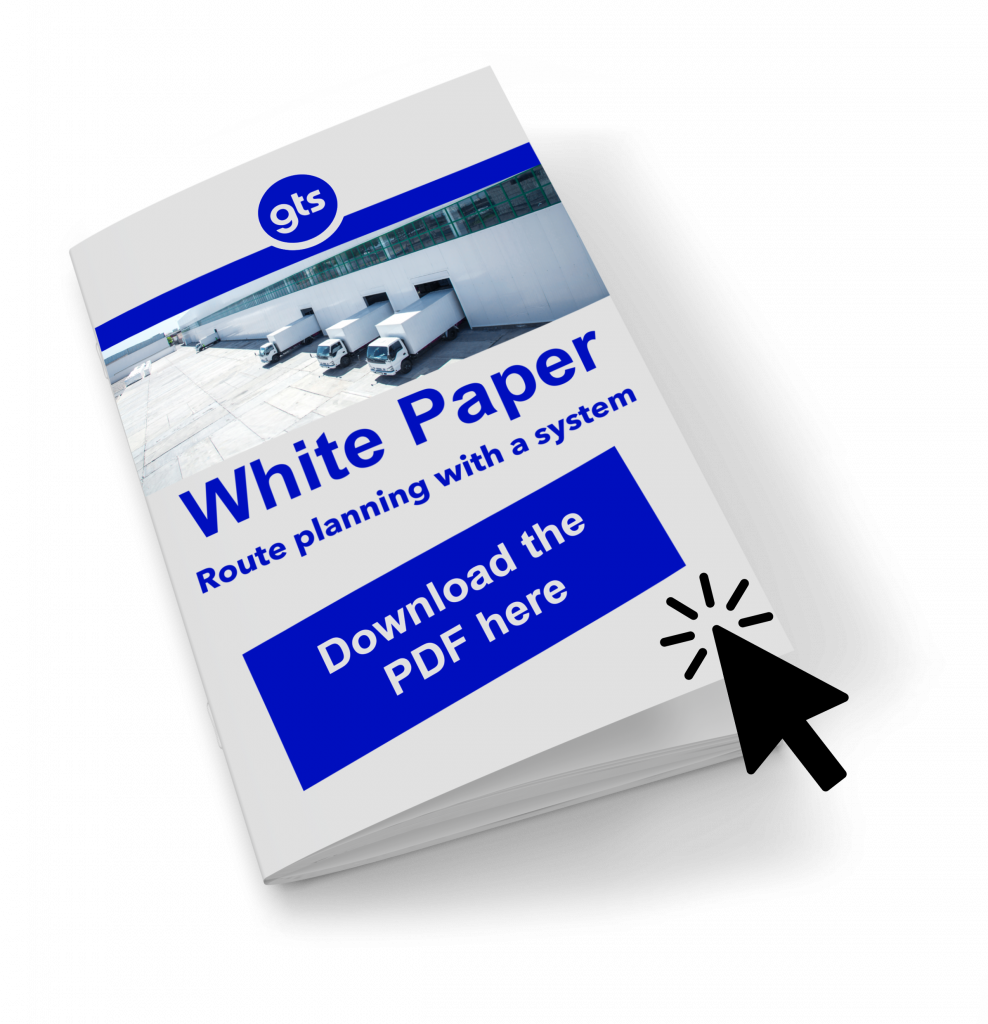Getting passengers safely and comfortably from A to B: That is the task of transport services and transport companies that drive people to social institutions, schools, rehabilitation facilities and workshops for the disabled. Planning these tours is demanding, especially when it comes to transporting people with physical or mental disabilities. Are patients transported lying down? Are the vehicles handicapped accessible and barrier-free? These and other factors make passenger transport a daily challenge.
Offer customer-oriented tours
In the case of sick or disabled people, tours must be planned with special consideration for the passengers. This includes the handicapped and barrier-free vehicle equipment, the determination of the maximum travel time or the transport of wheelchairs. But the quality of service is also crucial: transport services often cannot take the shortest route, but have to take into account the various pick-up times and individual needs of their passengers. Intelligent route planning is indispensable for regular trips to school or work, as well as for trips to be planned anew every day with changing passengers, cancellations or changed pick-up times. However, if you take into account the time and location restrictions in advance, tours can be planned without any problems.
Software takes individual requirements into account
The TransIT route planning software records various delivery parameters for passenger transport and uses intelligent algorithms and automated optimization processes to calculate the best route. It not only controls appointments, people, vehicles and routes, but can also record specifics (wheelchairs, reclining chairs, companions, individual transport, etc.). As an option, TransIT transmits the routes to the vehicles' navigation devices via interface integration with the telematics system and informs the driver promptly of any changes.
Big advantage for tenders
Für die Fahrdienste und Transportunternehmen bedeutet der Einsatz von TransIT einen erheblichen Wettbewerbsvorteil bei Ausschreibungen: Durch einen einfachen Import der Ausschreibungsdaten, z.B. aus Excel-Dateien, und die automatische Berechnung des kostenoptimalen Fahrplans lassen sich Touren – insbesondere Im Vergleich zur manuellen Planung – nicht nur wesentlich zeitgünstiger planen, sondern auch Personal und Fahrzeuge gezielter einsetzen. Das Ergebnis: Die automatisierte und flexible Planung von Regelfahrten, täglicher Disposition und Ad-hoc-Aufträgen verursacht deutlich weniger Arbeit, das Risiko wird durch Fehlkalkulationen stark reduziert und spezifische Bedingungen wie Kapazitäten oder Beförderungsdauern lassen sich unkompliziert berechnen. BerlinMobil und die Johanniter Bremen profitieren bereits von der Softwareunterstützung und schaffen so einen echten Mehrwert für ihre Kunden.
Welche Vorteile die Tourenplanung mit TransIT im Detail bietet und wie sich die Anwendung in der Praxis darstellt, erklären die Experten von gts im Rahmen des 45-minütigen, kostenlosen Webinars “Pünktlich und effizient zum Ziel – Tourenoptimierung in der Personenbeförderung” am 25. Februar um 10 Uhr.




